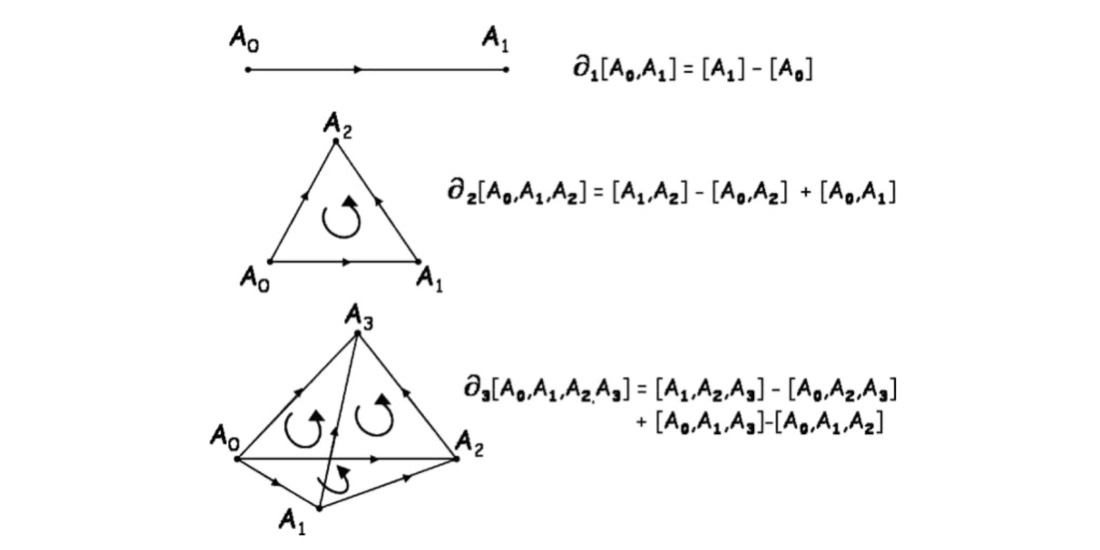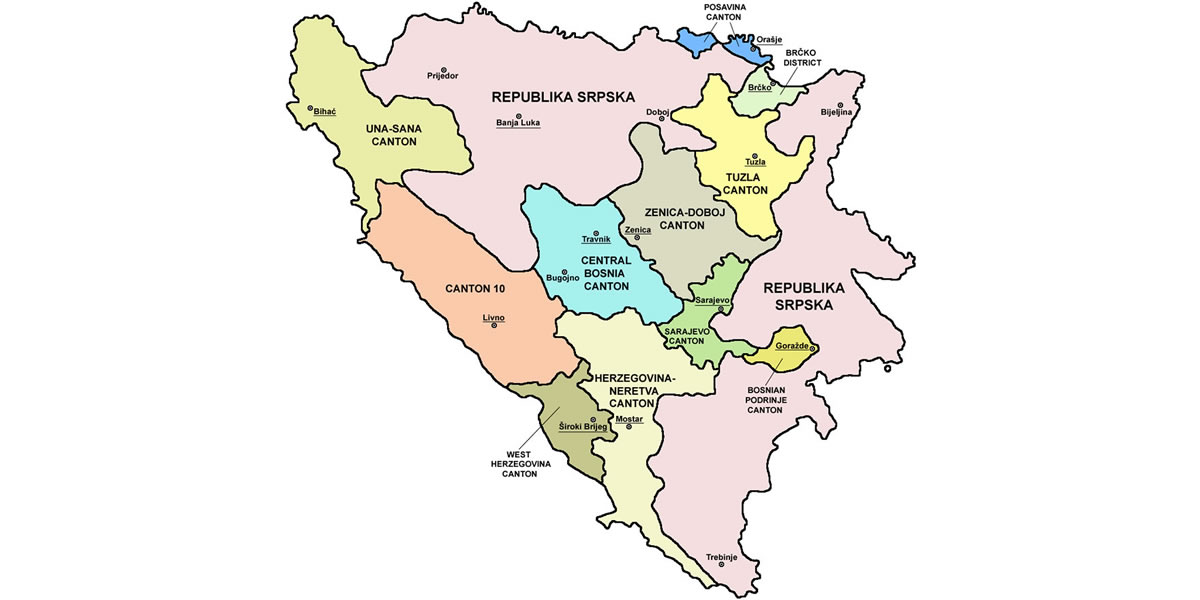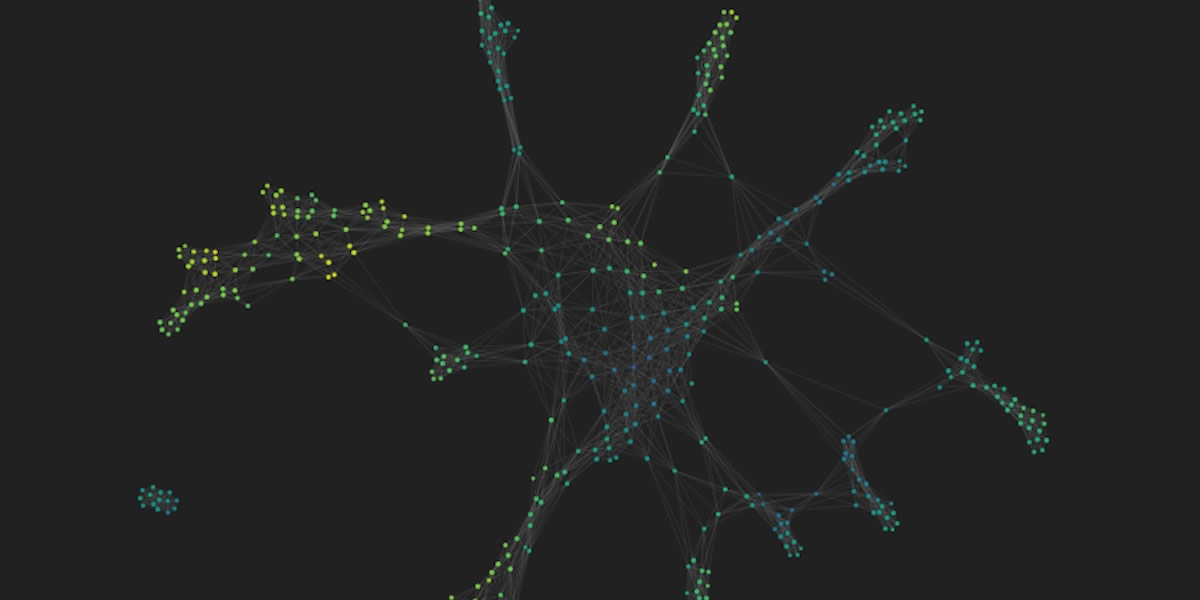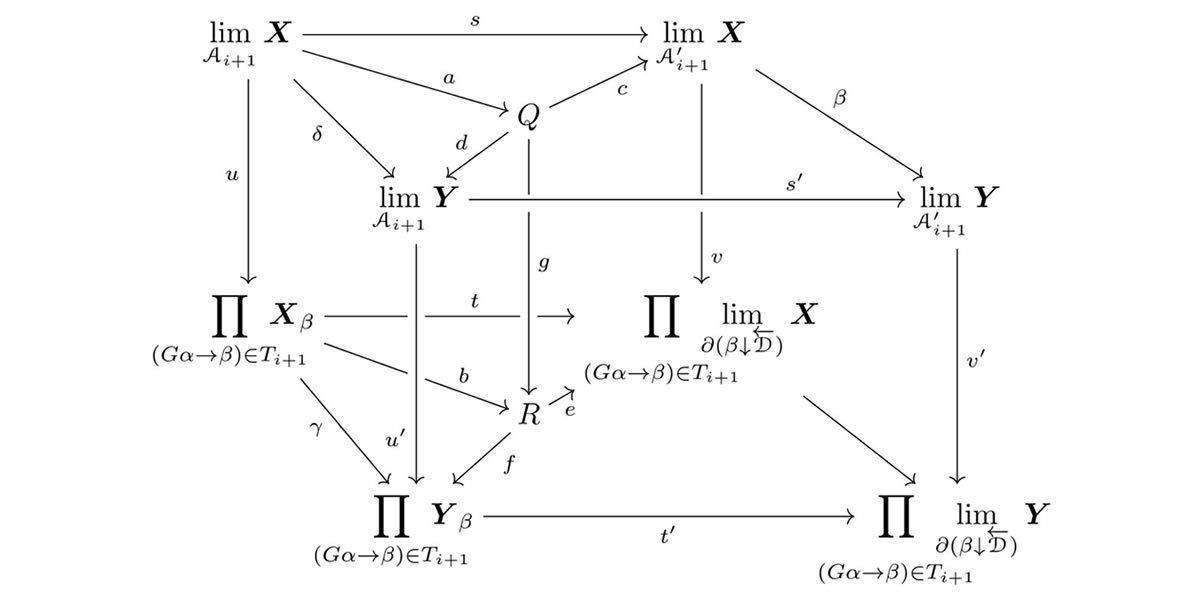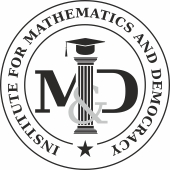Opportunities for research in mathematics and democracy abound. Students and scholars who are affiliated with the Institute for Mathematics and Democracy are engaged in a number of projects ranging from applications of abstract mathematical methods in voting theory to the history of political quantitative literacy in education.
If you are a student or a researcher who wants to join our team or are looking for project ideas for yourself or your students, please contact us. We have ongoing or planned projects in
- Advanced mathematical methods in voting theory
- Apportionment and power structure analysis
- Geometry of gerrymandering
- New methods in social choice theory
- Mathematics of social media and voter manipulation
- Mathematics of social modeling algorithms
- Analysis of election, census, and other data sets
- Education and political quantitative literacy
Combinatorial topology and political structures
A recent paper A qualitative theory of conflict resolution and political compromise by Abdou and…
Power assessment in Bosnia-Herzegovina
Bosnia-Herzegovina has one of the most complicated political systems in the world, a result of…
Topological data analysis and UNICEF poverty surveys
Recent years have seen an emergence of new and innovative techniques designed to better handle…
Category-theoretic approach to social choice theory
It is known (see, for example, this paper) that certain aspects of social choice theory…


